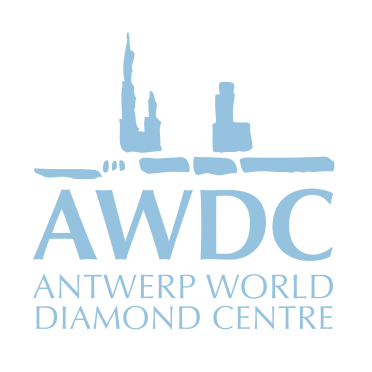- Home
- Conducting Diamond Business in Antwerp
- 14. Dispute resolution
14. Dispute resolution
Dispute resolution generally refers to different kinds of processes used to resolve disputes between parties, including negotiation, mediation, arbitration and litigation.
Mediation
Mediation, as used in law, is a form of alternative dispute resolution (ADR), a way of resolving disputes between two or more parties without going to court and incurring legal costs.
A third party, the mediator, assists the parties to negotiate their own settlement (facilitative mediation).
In some cases, mediators may express a view on what might be a fair or reasonable settlement, generally where all the parties agree that the mediator may do so (evaluative mediation).
Mediation has a structure, timetable and dynamics which "ordinary" negotiation lacks. The process is private and confidential.
In general, there is no obligation to use mediation (except when included into the agreement). A settlement agreement signed by both parties will in most cases be binding.
Mediators use various techniques to open, or improve, dialogue between disputants, aiming to help the parties reach an agreement (with concrete effects) on the disputed matter.
Disputants may use mediation in a variety of disputes, such as commercial, legal, diplomatic, workplace, community and family matters.
Contact details for mediators in Antwerp can be found in the list of contacts.
Litigation
If the dispute is more complex, and in case neither of the disputing parties are willing to present their case to a private judge, litigation is probably your best route.
Choosing the best method to resolve a conflict depends on a number of factors, such as the nature of the dispute, the relationship between the parties and the costs involved.
Any party considering litigation should work with an experienced lawyer familiar with the process. A lawyer can help a party select and pursue the right path towards resolving a lawsuit.
In litigation one of the parties will probably summon the other party to appear at a court hearing. The judge will then hear both parties and both parties will be able to deposit written pleas. After having heard the pleas and having consulted the evidence produced by both parties, the judge will take the case into deliberation.
One of the advantages of litigation is that you or your counsel can oblige the opposed party to produce information relevant to the lawsuit, something which is not possible with an alternative dispute resolution procedure.
For more information or professional assistance, please contact a specialised lawyer.






